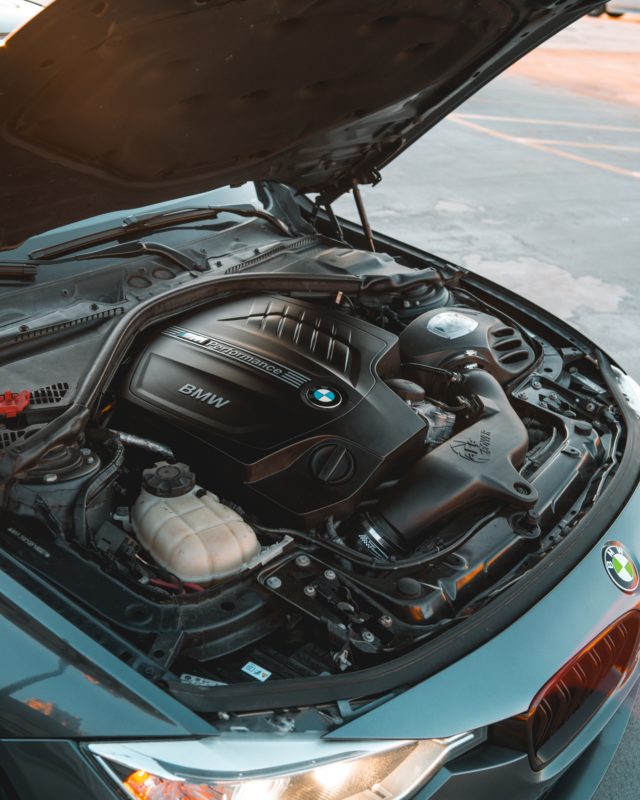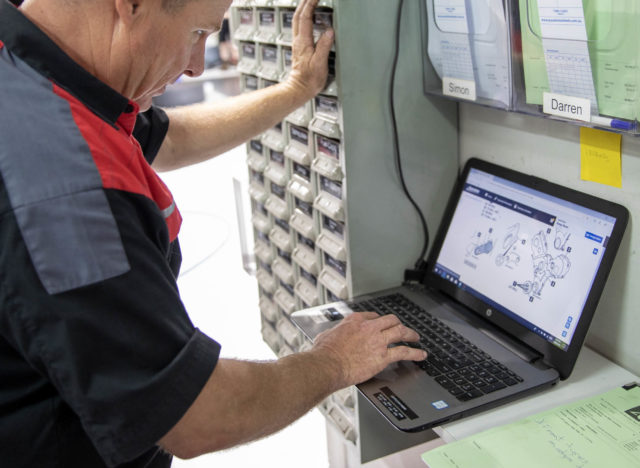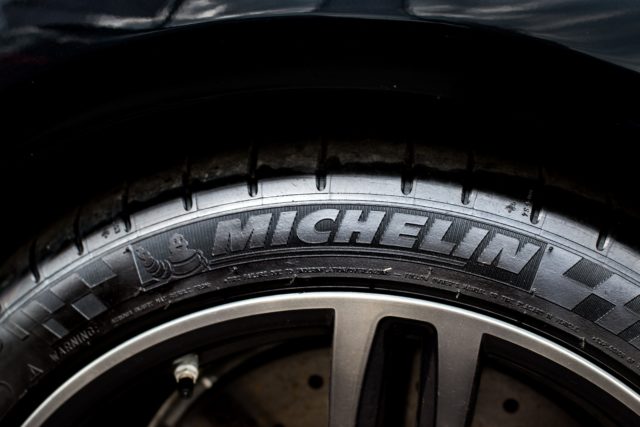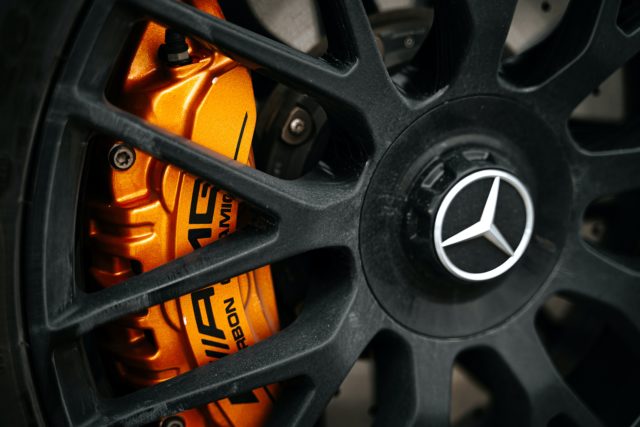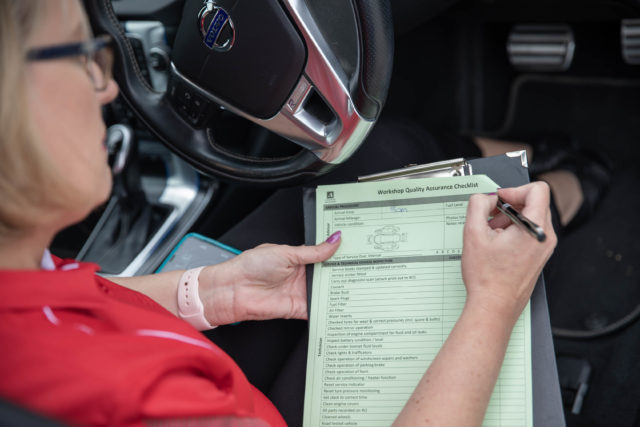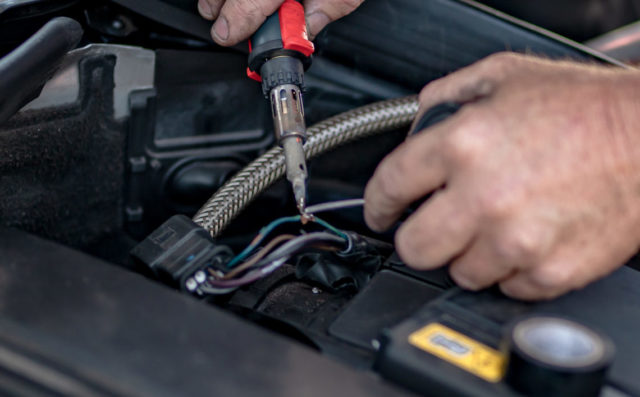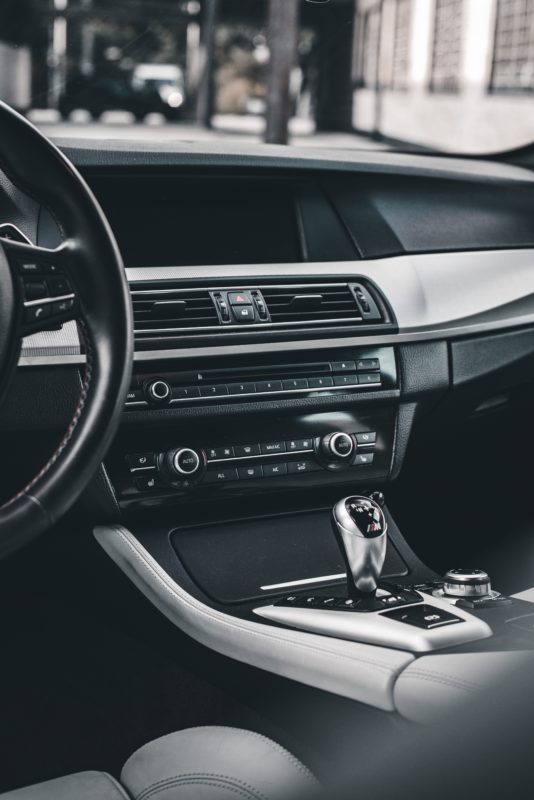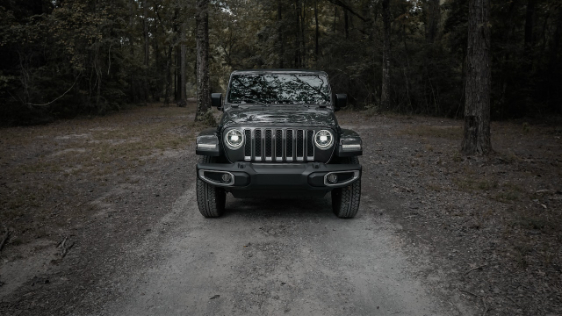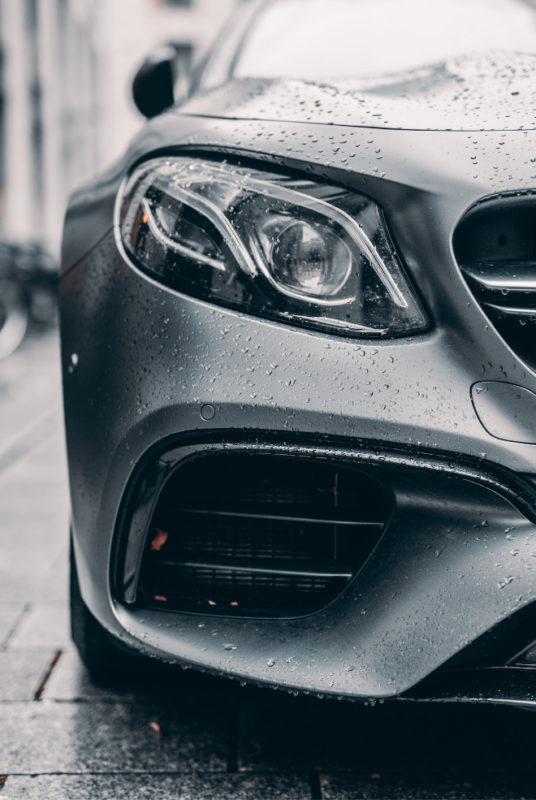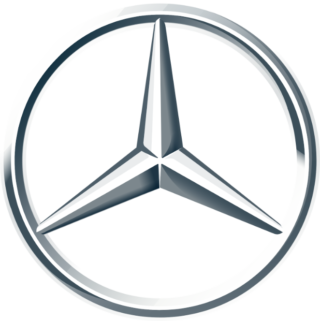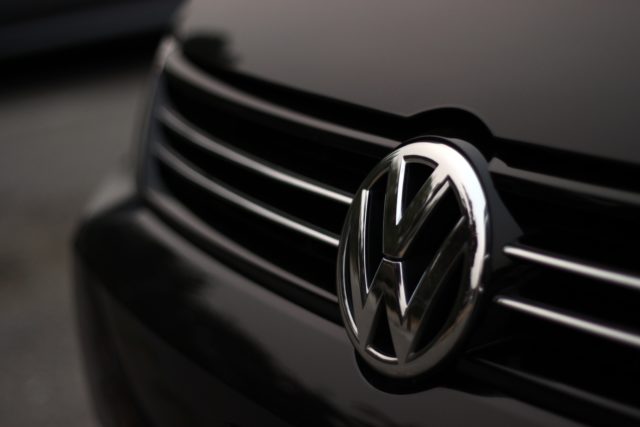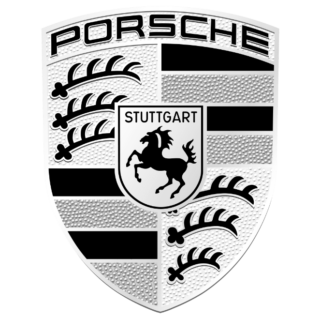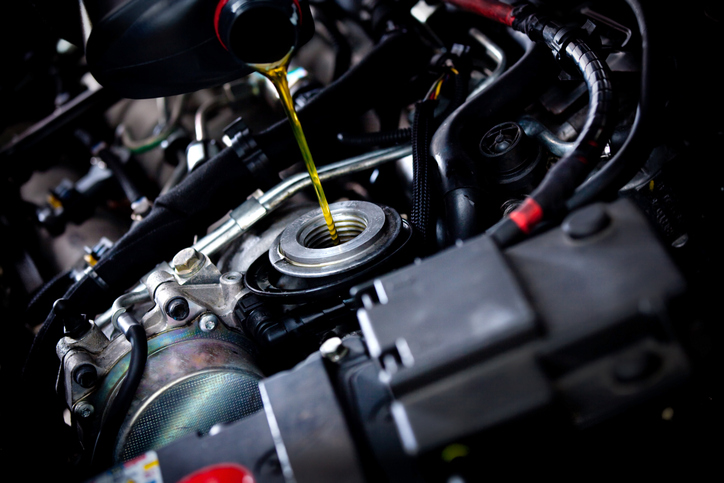
How to best maintain your diesel vehicle
Published
How to best maintain your diesel vehicle. Here’s how to extend the lifespan and maintain the health and performance of your diesel engine.
When it comes to vehicle maintenance, petrol and diesel engines are completely different beasts that require unique care and attention. Treating them as one and the same can be a costly mistake (particularly at a petrol station).
What is the difference between a petrol and diesel engine?
Generally speaking, petrol engines are used in lighter vehicles like scooters, motorcycles and many smaller-scale cars whereas diesel engines tend to be found in heavy-weight machinery like buses, tractors, utes and SUVs. Apart from the fuel funnelled into them, it’s no surprise that the two engines differ in a few ways – because they’re ultimately powering very different vehicles.
For example, petrol engines contain spark plugs while diesel engines house fuel injectors. Fuel consumption is higher in the former while lower in the latter. There are also several another nuances in terms of compression ratios, power production, volatilities and even running costs.
What’s important is understanding exactly what you have from day one so you know how to keep it in great nick for longer.
5 tips for maintaining your diesel engine
1. Never skip an oil change
We’re beginning with the obvious – keeping on top of your oil changes. Diesel engines run hot (between around 80–110C). When you don’t change the oil regularly enough, it can thicken and begin to block the transfer of heat, which is when your car can quite literally blow a gasket (and you will, too, when you receive the replacement bill).
To keep your engine running like a well-oiled machine, you need exactly that – fresh oil. This is something that should happen every six months or 10,000 km, whatever happens first.
2. Regularly check your filter
Due to their location in the engine bay, fuel filters tend to experience dirt build-ups over time. Left unchanged, build-up in the filters can lead to a surge in fuel usage, slowly eroding the overall performance of your engine and vehicle.
While fuel filters can last up to 15,000 km or 12-18 months at a stretch without replacement, a good rule of thumb is to change your filters every time you change your oil.
3. Keep on top of your coolant
Another thing you should make a habit of doing every time you change your oil and replace your filters is top up your coolant. Unfortunately, this maintenance step is often neglected, which is why it’s little wonder the bulk of diesel engine maintenance problems come down to a lack of coolant concentrate.
Coolant is the thing that keeps your diesel engine in that sweet spot of between 80–110C. The additive is mixed with water and funnelled into the engine’s cooling system. It’s when this combination becomes quite acidic that it’s time to change.
4. Let your car warm-up.....just a few moments
Something as simple as keeping your car in idle for a few minutes before shifting into drive can extend the life of your engine. This is because diesel engines take a little longer to warm up, so if you can give the oil time to flow from the oil pump to the turbocharger before putting the pedal to the metal, you can better maintain your engine’s general health.
5. Get your diesel vehicle serviced regularly (by the experts)
The Accelerate Automotive team has been servicing European vehicles in Brisbane for over 20 years, so we know a thing or two about diesel engines. Importantly, when it comes to effectively maintaining one, we know that generalist servicing just won’t cut it. Diesel engines are incredibly complex and require specialist tools and skills to keep them up to scratch.
Every single one of our team of experienced mechanics, car technicians and auto electricians is a diesel expert. Fully qualified to service diesel cars, engines and injectors, they know how important it is to keep your vehicle in good working order and will give it the specialised diesel servicing it needs.
They’ll take care of everything, from rough idle and poor performance identification to injector repairs and replacements.

